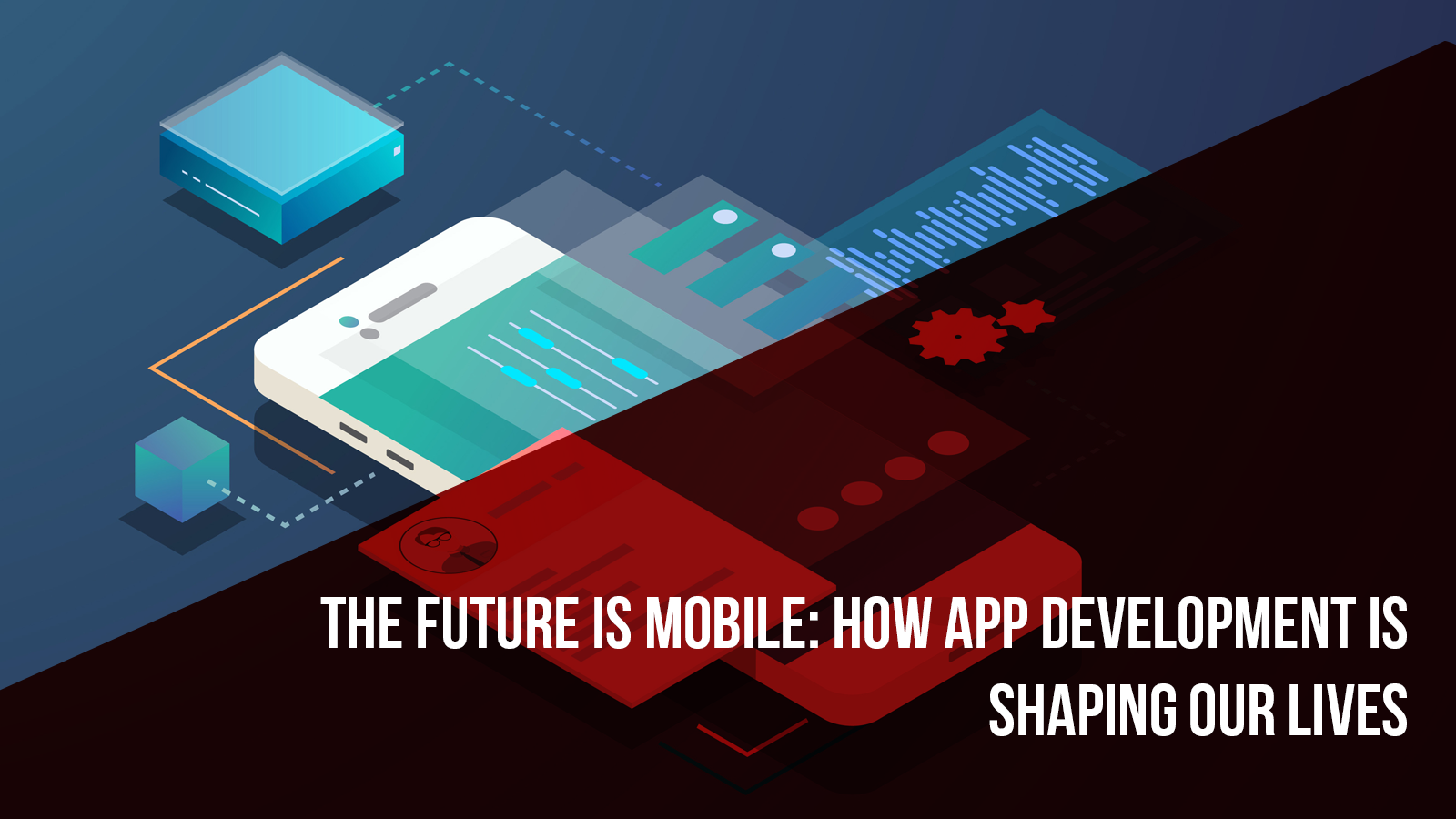The Role of Mobile App Development
Technology is evolving continuously. However, recent statistics show that mobile phones are here to stay. With smartphones becoming an integral part of our daily lives, it’s hard to imagine a world without the convenience and connectivity of mobile apps. This blog post explores how mobile app development is transforming our lives, delving into the statistics and trends that highlight the increasing significance of mobile applications.
The Rise of Mobile Apps
Mobile applications have witnessed an unprecedented surge in popularity, fundamentally changing the way we communicate, work, and engage with the world around us. According to recent statistics, there are over 3.48 million apps available for download on the Google Play Store and approximately 2.22 million on the Apple App Store. These numbers underscore the immense diversity and range of applications catering to various needs and interests.
Communication Redefined
One of the most critical changes brought about by mobile apps is in the sphere of communication. Social media apps like Facebook, Instagram, and Twitter have become the go-to platforms for staying connected. Messaging apps like WhatsApp and Telegram have transformed how we interact, providing a space for instant communication despite distance.
Moreover, video calling features have facilitated face-to-face conversations, bridging the gap between physical and digital interactions. As of 2022, it is estimated that over 2.9 billion people globally use messaging apps, showcasing the widespread adoption of these communication tools.
Work Anywhere, Anytime
The arrival of mobile apps has revolutionized the traditional workplace, giving rise to remote and flexible work environments. Productivity apps such as Slack, Trello, and Microsoft Teams have made collaboration seamless, allowing teams to work together regardless of their physical location. This shift in work dynamics has become especially significant in the wake of the COVID-19 pandemic, with remote work becoming the new norm for many industries.
According to a report by Statista, the number of mobile workers is expected to reach 1.87 billion by 2022, highlighting the transformative impact of mobile app development on the professional landscape. Access to work-related tools and resources from anywhere has increased efficiency and contributed to a better work-life balance for many individuals.
Entertainment at Our Fingertips
Entertainment has undergone a fundamental shift with the increase of mobile apps. Streaming services like Netflix, Spotify, and YouTube have disrupted traditional media consumption, providing users with on-demand access to a vast library of content.
The gaming industry, too, has experienced a change with mobile gaming apps attracting a massive audience.
In 2021, the global revenue from mobile gaming reached a staggering $93 billion, surpassing other gaming platforms. This trend underscores the increasing preference for gaming on mobile devices, making it a profitable market for developers and businesses.
Health and Well-Being Apps
As health consciousness grows, so does the popularity of health and fitness apps. These applications cater to a wide range of needs, from tracking physical activity to monitoring sleep patterns. The integration of health-related features in smartphones, such as step counters and heart rate monitors, has further fueled the demand for health and well-being apps.
According to a report by Sensor Tower, health and fitness app downloads reached 593 million in 2021, a significant increase from previous years. The emphasis on personal well-being and the convenience of monitoring one’s health through a mobile device highlights the positive impact of app development on individual lifestyles.
The Role of Artificial Intelligence
Artificial Intelligence (AI) is playing a pivotal role in shaping the future of mobile apps. From personalized recommendations on streaming platforms to voice-activated virtual assistants, AI is enhancing user experiences and making apps more intuitive. The integration of AI algorithms in mobile apps is set to become even more prevalent, providing users with tailored and responsive interactions.
A Glimpse into the Future
The course of mobile app development suggests a future where applications will continue to evolve, offering increasingly sophisticated features and capabilities. Augmented Reality (AR) and Virtual Reality (VR) are poised to make significant changes, transforming the way we perceive and interact with digital content. The potential applications of these technologies range from immersive gaming experiences to practical uses in fields like education, healthcare, and real estate.
Conclusion
In conclusion, the future is undeniably mobile, and app development is at the forefront of this technological revolution. The statistics and trends discussed in this blog post highlight the influence of mobile apps on various aspects of our lives, from communication and work to entertainment and health. As we navigate this ever-changing world, one thing remains certain—the transformative power of mobile app development will continue to shape our future in ways we can only begin to imagine.
Estrrado is one of the best companies providing mobile app development in Malaysia. Create functional and user-friendly mobile apps to engage with your target audience, build lasting customer relationships, and take your business to greater heights.
Contact us for a free consultation today!
Frequently Asked Questions (FAQs)
What is the significance of mobile app development in shaping our future?
Mobile app development plays a pivotal role in shaping our future by revolutionizing the way we communicate, work, and access information. The popular presence of smartphones combined with innovative app development has transformed various aspects of our lives, from healthcare to entertainment.
How has mobile app development evolved over the years?
Mobile app development has undergone a remarkable evolution. From the early days of simple utility apps to today’s sophisticated applications leveraging technologies like AI and AR, the landscape has expanded dramatically. The focus has shifted from mere functionality to enhancing user experience and addressing complex societal challenges.
What impact does mobile app development have on businesses and industries?
Mobile app development has become a cornerstone for businesses across industries. It fosters direct engagement with customers, streamlines operations, and opens new revenue streams. Statistics reveal that businesses with mobile apps witness higher customer retention and increased revenue, showcasing the transformative impact on the corporate landscape.
What challenges does the future of mobile app development face?
Despite the positive impact, challenges persist in the mobile app development landscape. Issues such as cybersecurity, privacy concerns, and the need for constant innovation pose hurdles. Navigating these challenges is crucial to ensuring that mobile apps continue to be a force for positive change.
How is artificial intelligence (AI) influencing the future of mobile app development?
AI is a game-changer in the realm of mobile app development, enhancing user experiences through personalization, predictive analytics, and natural language processing. Integrating AI into mobile apps not only improves efficiency but also opens up new possibilities, making apps more intuitive and user-friendly.
Statistic: The AI in the mobile app market is expected to grow at a CAGR of 28.1% from 2022 to 2027, indicating the increasing adoption of AI technologies in app development.
What role do user experience (UX) and user interface (UI) design play in the success of mobile apps?
UX and UI design are critical components of mobile app development, influencing user satisfaction and app success. Intuitive design, seamless navigation, and visually appealing interfaces contribute to positive user experiences, ensuring that users not only download but also regularly engage with the app.








